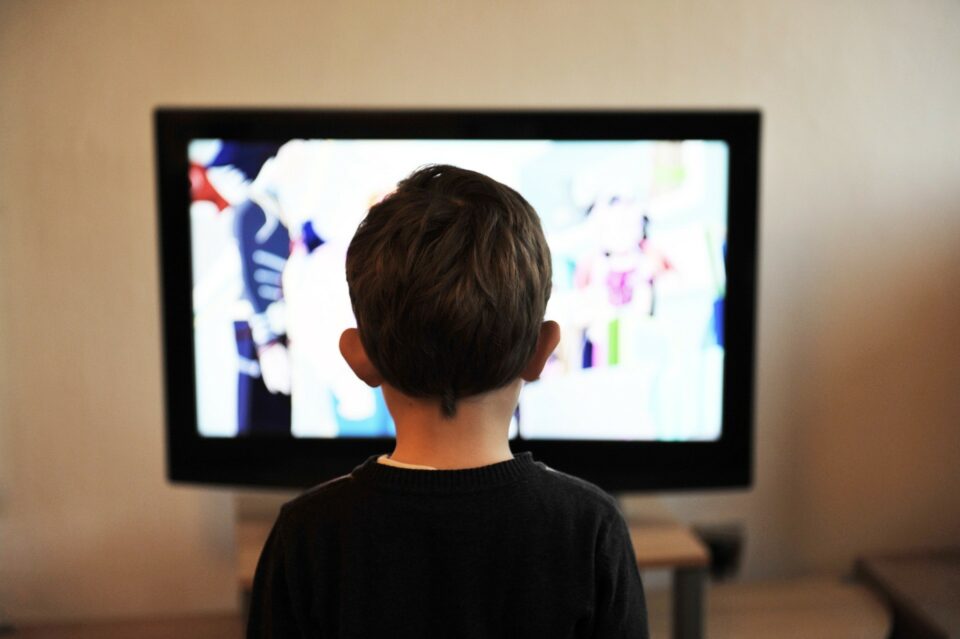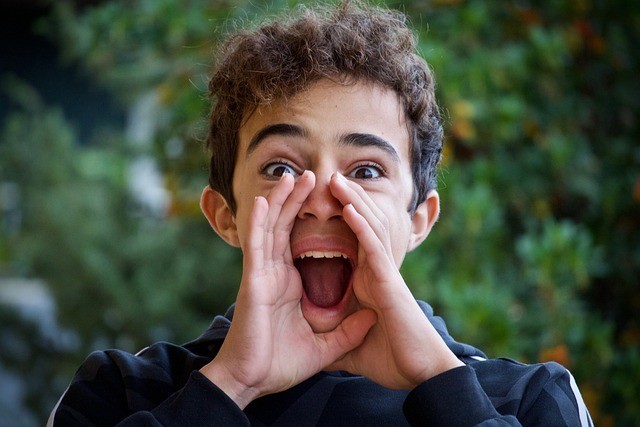At some point during the summer school holidays, most parents start to wonder when their little darlings are due to go back to school!
Don’t worry, this does not make you a bad parent, it’s totally normal!
Around six, maybe seven weeks, of total freedom for children can be a minor headache for parents who need to constantly entertain, spend money, and keep their children smiling at all times, in order to avoid tantrums and tears. Despite that, the summer holidays are the perfect opportunity to spend quality family time together, perhaps head off on holiday or simply spend time at home, perhaps working together in the garden, or simply catching up on the time you might have missed whilst school and work commitments get in the way.
School holidays don’t last forever, so when do your children go back to school for the start of a brand new school year?
This completely depends upon your local area and the school your children are attending. It’s certainly a good idea to check with your local council, and you’ll usually see the specific dates for children starting back to their specific school there. We can’t give you exact dates here, because they vary quite wildly, but it is generally around the first or beginning of the second week of September at the latest.
Education Can be a Confusing Choice For Parents
September heralds the start of a new school year. This could mean that your child is due to move up to another school, perhaps move from infant to junior school, or maybe even junior to senior school. It may simply be that your child is moving up a school year, but could be moving into an extremely “important” year, e.g. the year they begin their GCSEs or SATs.
These changes can often cause a lot of distress and anxiety for children, and “regular” schooling options, such as going to a private or state school aren’t always the best options for everyone.
It comes down the parent(s) to decide which choice is the best one for their child. Every child is different, and one size does not fit all. In that case, how about home schooling, or supplementing your child’s education from school with a little home tutoring instead?
A governess could be the ideal addition to your household. Not only does a governess help to give your child stability and independence, but they can also help with education. This can be on a full-time home schooling basis, although it is more likely to be additional tutoring which your child may need to top up their knowledge on subjects they’ve traditionally struggled with in the past. If your child is approaching their exams, extra tutoring may give them the extra knowledge and confidence they need to succeed to a higher level than they would do otherwise.
Education is something which all parents must take seriously. Of course, schooling is a gift we are given in the UK, with all children having the right to attend state school and receive a basic education which will see them learn the skills and knowledge they require to find employment or go on to study at a higher level, either at college or university. Due to that privilege, choosing the right schooling option for your child is a vital part of the many decisions you have to make as a parent.
What is a Governess, And How Can They Help With Education?
Prior to the kids going back to school for a brand new term, it’s normal to start questioning whether or not your child is taking the right course in their educational journey. Is their current school the right one? Are they getting the help and support they need? Is extra tuition a good idea?
A governess is a childcare professional who can add extra educational boosts to your child, and therefore give them the confidence to succeed in their exams and beyond.
A governess works within your house, and this can be on a part time or full time basis, live in or live out. The main duties of a governess are:
- Providing basic childcare supervision in the home and during trips outside, perhaps for appointments, etc
- Helping your child to reach their developmental milestones through activities and discussion, designed to boost their skills and knowledge
- Also providing basic care, e.g. cooking meals, help with dressing, personal hygiene if necessary, and basic first aid, if required
- Helping your child to develop basic life skills, such as independence, confidence, and resilience
- Helping with educational issues, e.g. offering home schooling or extra tutoring on subjects which your child may be struggling with
- Assisting with homework tasks
- Helping your chid to learn other skills, such as a musical instrument, a language, or a sport
- Offering a shoulder to lean on during difficult times, e.g. a bond of trust with someone “outside” of the family, which is often easier for some children to do
A governess is able to offer educational support to a child who is struggling in a specific subject, and can therefore reinforce what they have learnt in school and help with their understanding of any specific parts which they couldn’t grasp. For example, a child may struggle with maths and they may be studying algebra during that term. This is a subject which many children struggle to understand and grasp, and as a result they try and patch their way through the term, doing the basics and hoping to move on to a slightly easier topic next term.
That approach might be common, but it’s not an approach which is going to help them learn and understand the task at hand. Instead, employing the services of a governess means that your child can sit down in their own surroundings, feeling comfortable, with someone they have developed a bond of trust with, and someone who understands them as a person, rather than as being part of a class.
The governess can then work through the topic with your child, speaking to them in a way they understand best. Teachers in school are so busy these days, they have a class of 30 or even more students to teach, and this means they simply don’t have the time to sit down and talk directly to every student and help them with areas they’re struggling with. Every child responds differently to different teaching methods, so your governess is able to do this in the most personalised of ways, therefore helping your child to master algebra, and use it as it is supposed to be used.
This is true of any subject, be it English, Science, and any other subject that your child finds to be personal Everest.
This approach really does give your child the best of both worlds. They remain in school, forming friendships with their peers and learning social skills first hand, but they have back-up from their governess to help with subjects that need further reinforcement. Homework is also far less likely to be something which is simply done quick on a Sunday night! Your governess can sit down and work through homework with your child, making sure that they actually understand the task at hand and think about the task carefully.
All of this helps your child to develop educationally far better, whilst giving them greater confidence in their ability. A confident child will go far; they don’t have to be the strongest educationally-speaking in order to succeed in life to a large degree, but doing their very best, and doing it with confidence, will allow them to seek out opportunities to better themselves as they become a little older, and can make important life-affirming choices for themselves.
The End of Summer is Nigh
With just a few weeks until the kids go back to school for the start of the new school year, it’s important to think carefully about your child’s educational future. Are they in the right place currently? Do they need extra help? If so, how are you going to implement that help for them?
A governess is the ideal way to cover several bases in one go – not only does your child have a firm and constant presence in order to help with childcare duties when you are unable to be home, due to work or other responsibilities, but they also have someone who can help them with their schoolwork, someone who is educationally trained in the current UK National Curriculum.
So, if summer has been wonderful and you’re lamenting the end of the school holidays, turn your attention to these important decisions and explore whether you can help your child do their very best over the new term and beyond. On the other hand, if the school holidays have been quite the challenge, the end is in sight! Either way, these educational choices are important and there is no better time than the start of a new term.




